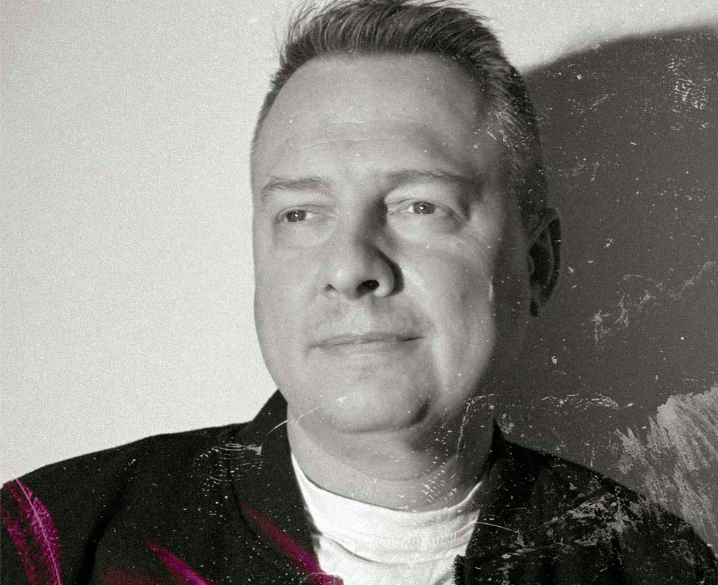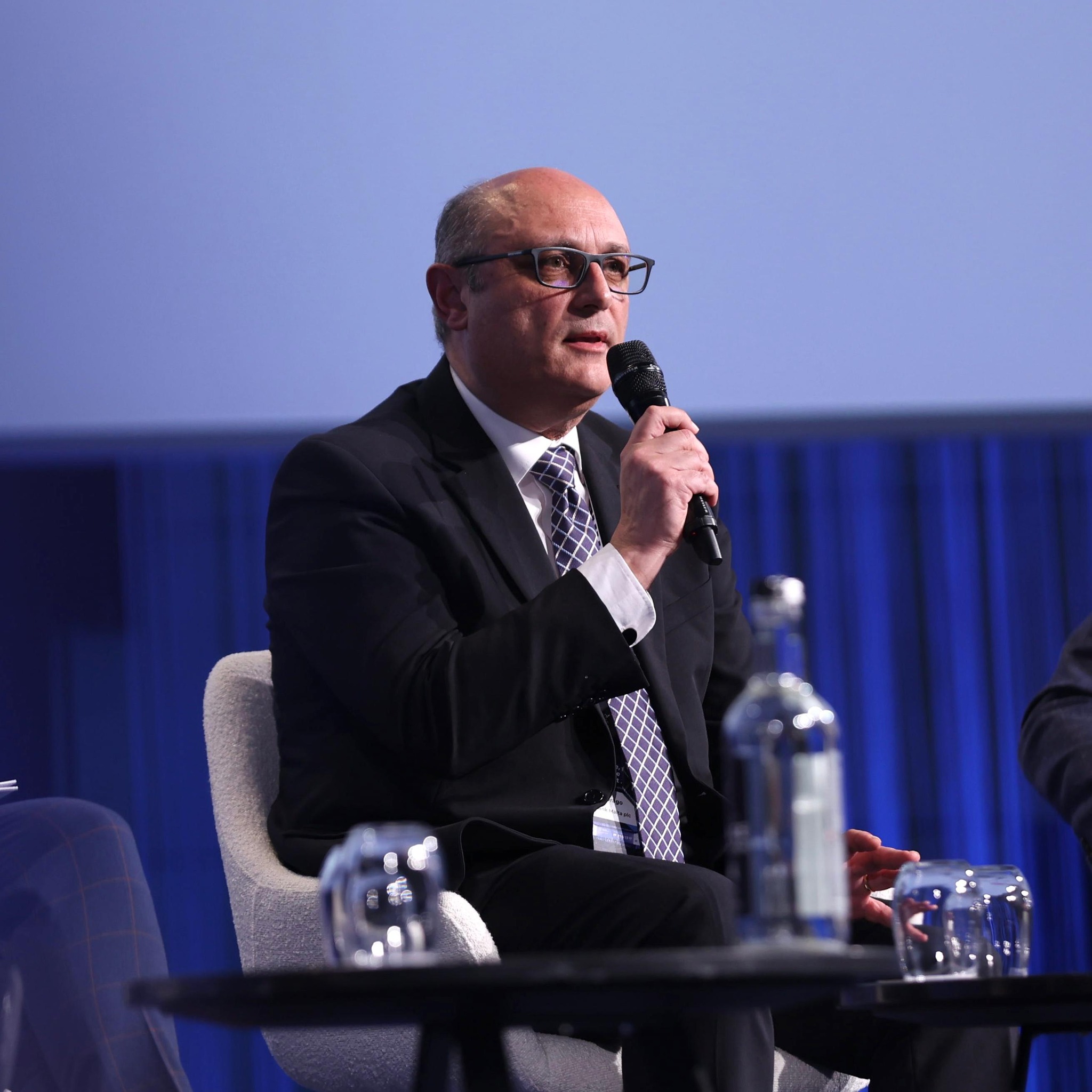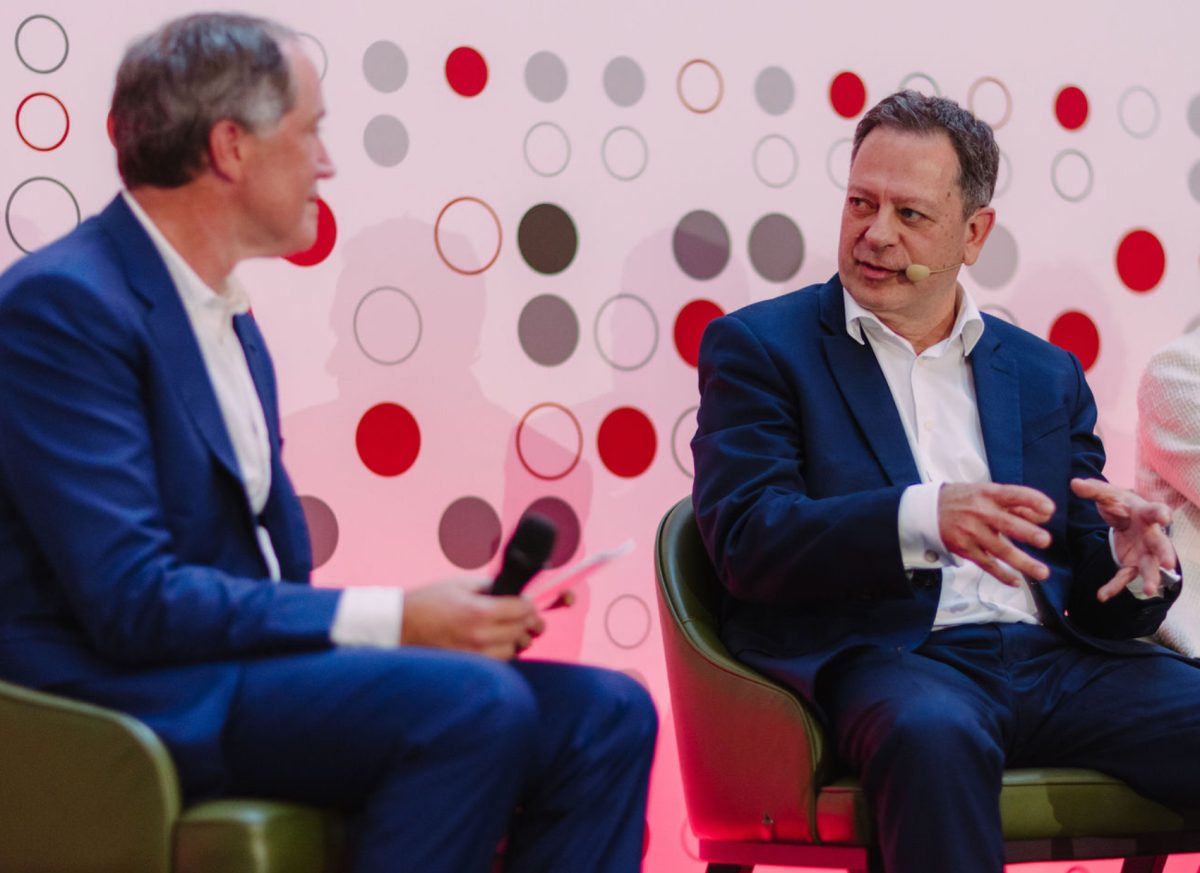Imposter syndrome is not a mental health diagnosis but can hinder our progress to reaching our goals. The thing is, according to BRND WGN’s Martin Dimbleby, everyone goes through it – the trick is learning to work with it.
“84 per cent of professionals experience imposter syndrome. The other 16 per cent? Probably lying,” he joked on LinkedIn.
“The joke around our office is that LinkedIn is where careers go to sound perfect. “Huge news! Thrilled to share!” Meanwhile, back in reality, we’re all just figuring it out.”
After a quarter century of working in marketing and business development, that internal voice still pops up for him. Still, he has learnt to move through it.
“I’ve come to realise it’s not my enemy—it’s my compass.”
“When I was younger, I thought time and experience would silence the doubt. It does— but not completely. I’ve learned to embrace it, the marketing guru said.
Imposter syndrome, while a daunting experience, can also be a useful tool. In Dimbleby’s case, it keeps him curious, out of complacency and makes him a better team player and business partner.
“In marketing and business development, imposter syndrome often kicks in when we’re venturing into new industries or exploring uncharted markets. But I’ve learned it can be a strategic advantage if I listen to it,” he wrote.
“It can be isolating, but it doesn’t have to be. Lean on your colleagues and partners. Surround yourself with people who challenge you constructively. The corporate world rewards confidence but thrives on humility and collaboration.”
Featured Image:
BRND WGN
Mark Drago named Chief Operating Officer at HSBC Malta
Mr Drago is taking over from Svetlana Maslova, bringing over 38 years of banking experience.
Kyte Global supports companies in achieving DORA and MiCA compliance following their release
With new EU regulations on digital resilience and crypto-assets set to take effect in 2025, Kyte Global is supporting organisations ...
Corinthia Group Managing Director and CEO recognised with international award
Simon Naudi was awarded the Exceptional Contribution CEO Award from Global Hotel Alliance.
Alexander Fenech takes on strategy role at Brown’s as Tiziana Ceci named CEO
The pharmacy chain also announced the addition of two independent directors to its board.








